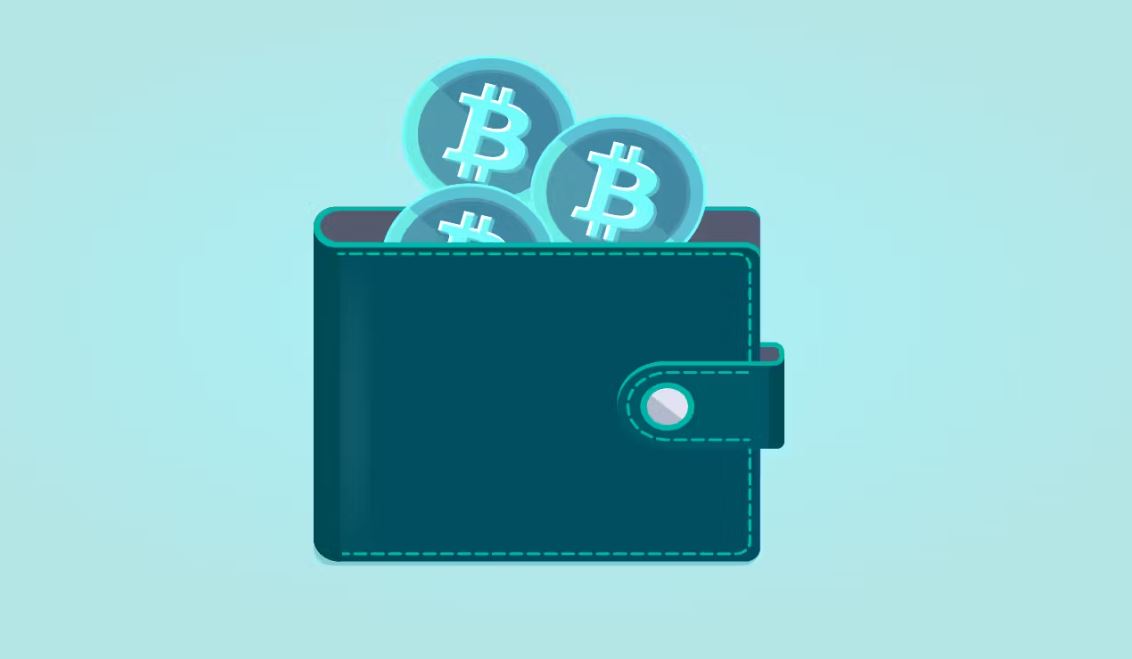
Due to their decentralization, transparency, and security, cryptocurrencies have become a popular alternative to traditional currencies.
A secure method of managing and storing bitcoins is gaining in importance as demand for them increases.
Cryptocurrency wallets can help with this. A computer device called a cryptocurrency wallet allows users to securely send, receive and store cryptocurrencies.
We will look at the benefits of bitcoin wallets at https://bit-gpt-app.com/ and why they are important in the rapidly evolving world of digital currencies in this post.
What are Cryptocurrency Wallets?
The ability to store, manage, and send digital assets such as Bitcoin, Ethereum, and other cryptocurrencies is possible through cryptocurrency wallets, which are Internet services.
They work like traditional wallets but store private and public keys and other information needed to access and maintain cryptocurrency repositories rather than cash or credit cards.
There are many different types of cryptocurrency wallets, including hardware, software wallets, and paper wallets.
Setting Up and Using a Cryptocurrency Wallet
Depending on the type of wallet you use, creating and using a bitcoin wallet can be an easy and uncomplicated task.
Here are the basic guidelines for setting up and using a Bitcoin wallet:
1. Choose a wallet: Select a cryptocurrency wallet that best suits your needs based on security, accessibility, and convenience.
2. Download or purchase the wallet: Depending on the type of wallet, you may need to download the software or purchase a hardware wallet device.
3. Create a wallet account: Follow the instructions provided by the wallet to create an account. This typically involves creating a username and password and setting up two-factor authentication.
4. Fund your wallet: Once your account is set up, you can fund your wallet by purchasing cryptocurrency from an exchange or receiving it from another wallet.
5. Send and receive cryptocurrency: You can send and receive cryptocurrency by providing your wallet address to the sender or recipient.
6. Secure your wallet: Follow best practices for securing your wallet, such as backing up your private keys and keeping them in a safe place.
7. Stay up-to-date: Keep your wallet software up-to-date to ensure that you have the latest security features and bug fixes.
Advanced Features of Cryptocurrency Wallets
Cryptocurrency wallets contain advanced functionality beyond just storing, transferring and receiving cryptocurrencies. This list includes the latest features of crypto wallets:
- * Multi-signature wallets: These wallets give an additional degree of security and fraud protection by requiring several signatures to approve a transaction.
- * Shapeshifting and coin conversion: Without using an exchange, users can convert one form of cryptocurrency into another using built-in functionality in some wallets. This can reduce transaction costs and save time.
- * Wallet-to-wallet trading: Without using an exchange, some wallets allow users to trade cryptocurrencies directly between wallets. Users who want to avoid the costs and hassles of using an exchange may find this handy.
- * Integration with other blockchain services: Some wallets offer consumers a seamless and comprehensive cryptocurrency management experience by integrating with other blockchain-based services such as exchanges, lending platforms, . and payment centers.
Common Mistakes to Avoid When Using Cryptocurrency Wallets
A potential way to store and store digital assets is through cryptocurrency wallets. To protect the security of their money, users should avoid the following mistakes when using bitcoin wallets:
- * Failure to secure wallet passwords and private keys: Wallet passwords and private keys are essential for accessing and managing cryptocurrency holdings.
- * Using untrustworthy or fake wallets: There are many fake wallets and scam apps that can steal your private keys and compromise your funds.
- * Not backing up wallet data regularly: To ensure that you can recover your assets in the event of loss or theft, wallet data including private keys and recovery phrases should be frequently stored up.
- * Falling for phishing scams and other security threats: Scammers can use phishing emails and websites to trick users into revealing their private keys or passwords.
Conclusion
All in all, cryptocurrency wallets are useful tools to store and protect digital assets.
While they have many advantages, it’s important to be aware of any risks and take appropriate security measures to protect your money.
Users can get the most out of bitcoin wallets by choosing a reputable and trusted wallet provider, staying up to date on developments, and following best practices.








